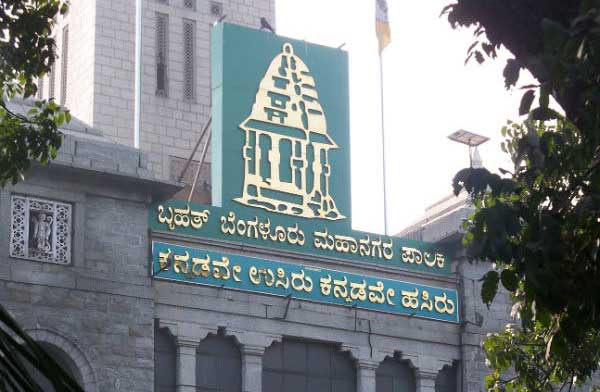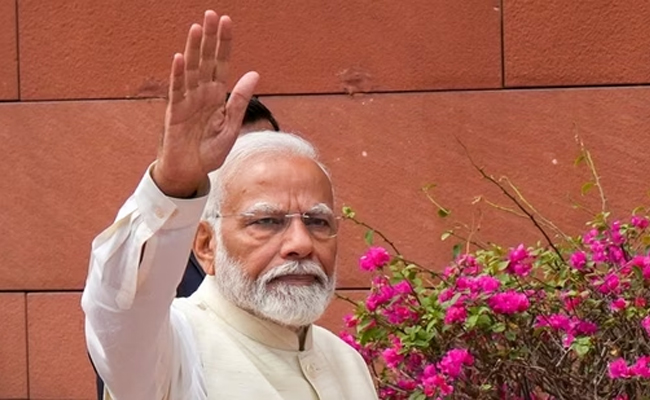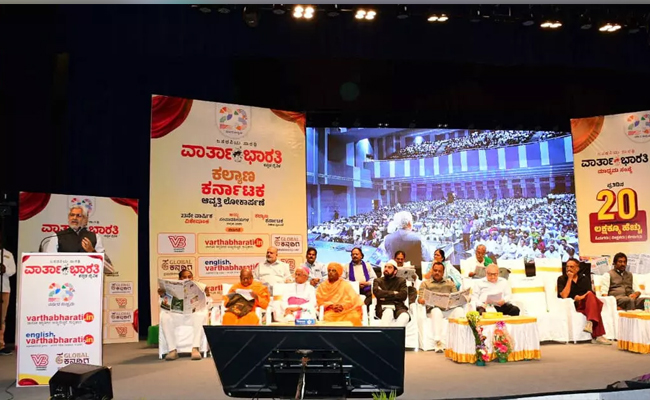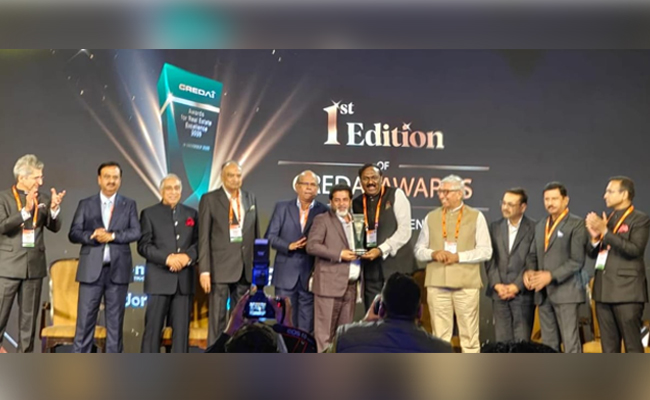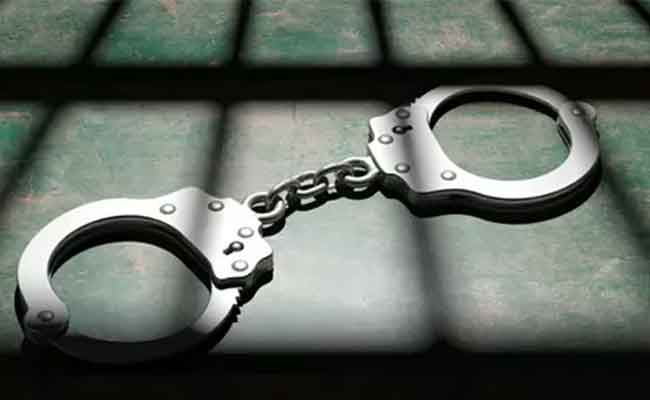Bengaluru, Nov 30: The Karnataka government on Wednesday informed the High Court that it needs more time to conduct the elections to the Bruhat Bengaluru Mahanagara Palike (BBMP).
Additional Advocate General Dhyan Chinnappa on Wednesday informed a single judge bench of the High Court that information has been sought from the Justice Bhaktavatsala Committee regarding the Backward Classes reservation.
The Commission has sought time to provide the details. Therefore, three months should be granted for the same. The HC on Wednesday adjourned the hearing to December 6.
In November 2015 last held, tenure ended nov 2020.
The HC on September 30 had set aside the August 3 reservation list of the state government and ordered a fresh list to be prepared by November 30. It had also directed the State Election Commission to conduct polls to the civic body before December 31.
Earlier this year in May, the Supreme Court, while hearing the case between Madhya Pradesh government and petitioner Suresh Mahajan, directed that elections to all local bodies pending in the country should be conducted without any delay.
This resulted in the Karnataka SEC approaching the High Court to dispose a pending case about the election. Challenges to the reservation list and delimitation of wards made by the state government further delayed the process.
The last BBMP polls were held in November 2015 and the tenure of the civic body ended in November 2020. Assembly elections in Karnataka are slated to be held in early 2023.
Let the Truth be known. If you read VB and like VB, please be a VB Supporter and Help us deliver the Truth to one and all.
Kolkata (PTI): Prime Minister Narendra Modi’s helicopter failed to land at the Taherpur helipad in West Bengal owing to low visibility on account of dense fog in the area on Saturday, an official said.
The PM’s chopper made a U-turn after hovering over the helipad ground for a while and returned to the Kolkata airport, he said.
Till reports last received, the Prime Minister was waiting at the airport for further updates on the weather situation.
It wasn’t immediately clear if Modi would reach the rally venue district by road or whether he would wait for the weather to clear up and make another attempt to reach Taherpur by the aerial route, the official said.
Earlier in the day, the Prime Minister reached Kolkata at around 10.40 am and took a chopper onward to Taherpur in Nadia district, where he is scheduled to hold an administrative programme to launch highway projects in West Bengal, followed by a political rally of the BJP, titled Parivartan Sankalpa Sabha, which he is supposed to address.

